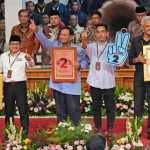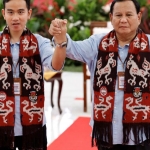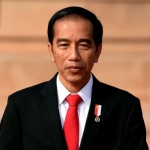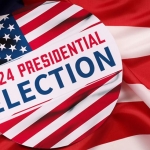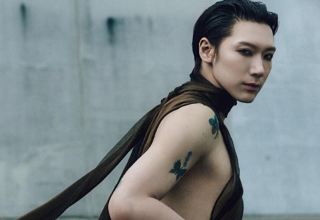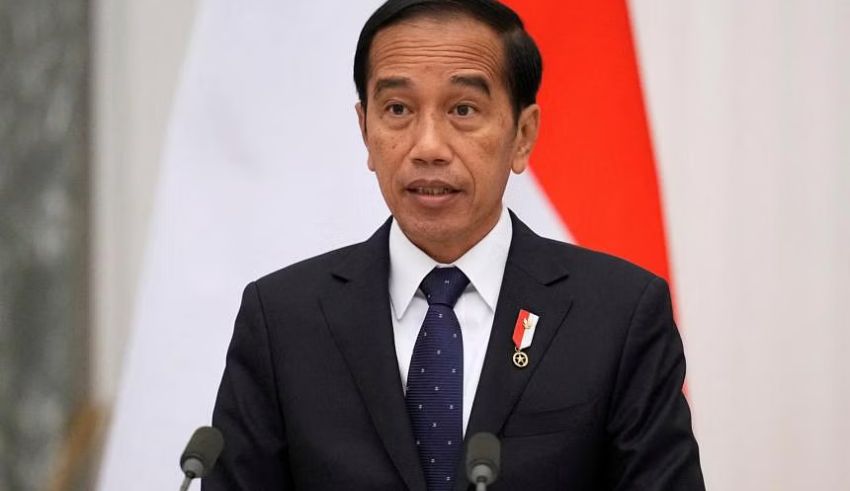
Indonesia is scheduled to hold its 2024 presidential election on Feb 14, 2024, which will determine the successor of President Joko Widodo, popularly known as Jokowi, who is on his second and final term. The election is expected to be a tight and heated contest, as three prominent candidates have emerged to vie for the presidency.
The candidates are:
- Prabowo Subianto, 72, the defense minister and the leader of the Gerindra Party, who is running for the third time after losing to Jokowi in 2014 and 2019. He has picked Jokowi’s son, Gibran Rakabuming Raka, 36, the mayor of Solo, as his running mate, in a surprising and controversial move that has raised questions about Jokowi’s influence and intentions.
- Anies Baswedan, 54, the governor of Jakarta and the former education minister, who is running with the support of the Islam-based Prosperous Justice Party (PKS) and the National Mandate Party (PAN). He has chosen Muhaimin Iskandar, 57, the chairman of the National Awakening Party (PKB) and the former manpower minister, as his running mate, in a bid to appeal to the moderate and conservative Muslim voters.
- Ganjar Pranowo, 54, the governor of Central Java and the former lawmaker, who is running with the endorsement of the Indonesian Democratic Party of Struggle (PDI-P), the largest party in the parliament and Jokowi’s party. He has selected Mahfud MD, 66, the coordinating minister for political, legal and security affairs and the former chief justice, as his running mate, in an attempt to showcase his experience and competence.
The Speculation
People are speculating about Jokowi’s bias and involvement in the election, especially in relation to Prabowo’s choice of his son as the vice-presidential candidate. Some of the factors that have fueled the speculation are:
The speculation was sparked by the constitutional court ruling on Oct 16, 2023, which allowed elected officials under the age of 40 to run for president or vice president, paving the way for Jokowi’s son to join the race. The ruling was widely criticized as a political maneuver and a conflict of interest, as the chief justice of the court, Anwar Usman, is the brother-in-law of Jokowi. Many people suspected that Jokowi had influenced the court’s decision to favor his son and his ally.
The speculation was intensified by the last-minute announcement of Prabowo’s pick of Jokowi’s son as his running mate, just hours before the deadline for the registration of the candidates on Oct 22, 2023. The announcement came as a shock and a disappointment to many of Prabowo’s supporters and critics, who had expected him to choose a more independent and credible partner, and who had accused him of betraying his principles and his voters. Many people wondered if Jokowi had pressured or persuaded Prabowo to choose his son and to form a coalition with him.
The speculation was reinforced by the potential benefits and motives that Jokowi and Prabowo could gain from their alliance and their son’s candidacy. For Jokowi, having his son as the vice president could ensure his legacy and his influence in the government, as well as his protection from any legal or political troubles after his term ends. For Prabowo, having Jokowi’s son as his running mate could boost his chances of winning the election, as he could leverage Jokowi’s popularity and his son’s youthful appeal, as well as avoid any confrontation or opposition from Jokowi and his party.
Keep Reading
The Implications
Jokowi’s bias and involvement in the election, whether real or perceived, could have significant implications for the election and the democracy in Indonesia, such as:
Jokowi’s bias and involvement could affect the election campaigns and platforms of the candidates, as they would have to address and respond to the public’s concerns and expectations regarding Jokowi’s role and influence in the election. The candidates would also have to present and justify their visions and policies on how to deal with Jokowi and his son, as well as with other issues and challenges facing the country.
Jokowi’s bias and involvement could influence the election results and the future direction of the government, as they would shape and sway the voters’ preferences and choices. The implication could either boost or hurt Prabowo’s chances, depending on whether the voters perceive him as a partner or a puppet of Jokowi, and whether they trust or doubt his ability and independence to lead the country. The implication could also either facilitate or complicate the governance and the cooperation of the elected president and vice president, depending on their relationship and alignment with Jokowi and his son.
Jokowi’s bias and involvement could impact the quality and the credibility of the democracy in Indonesia, as they would reflect and affect the level of fairness and transparency of the election process and the institutions involved, such as the constitutional court, the election commission, and the political parties. The implication could also reflect and affect the level of diversity and representation of the political actors and the public interests, as well as the level of accountability and checks and balances of the executive power.
